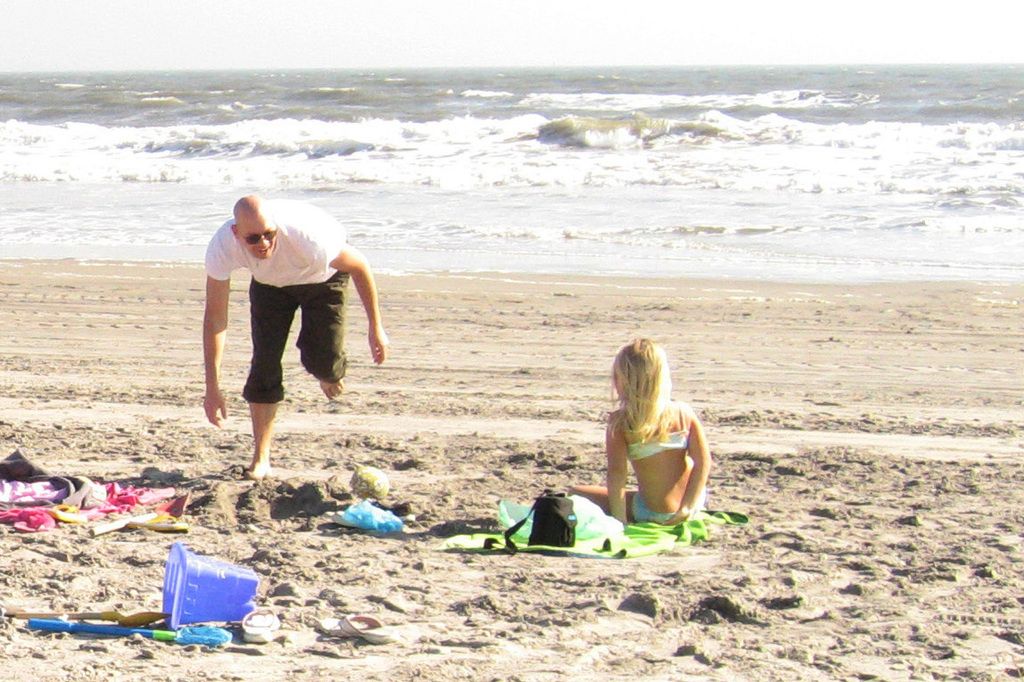Delaware Witnesses Voluntary Removal of Sweepstakes Gaming by VGW
Let's Get Down to It:
April 2025 saw a shakeup in the virtual gaming world as Virtual Gaming Worlds (VGW) bid farewell to Delaware, despite disagreeing with the Division of Gaming Enforcement (DGE). The decision came after a cease-and-desist letter issued to VGW Luckyland, Inc., a subsidiary of Australia-based VGW Holdings.
Despite having received a cease-and-desist in 2023, VGW continued offering unlicensed online gambling services to Delaware residents, which triggered the latest disapproval from the DGE. VGW took a stand, declaring its online games compliant with Delaware law and that of all jurisdictions it operates in.
In response, VGW voiced its disappointment with the DGE's assertions, expressing commitment to engaging with state legislators to create beneficial taxation frameworks and safeguard players. However, the DGE demanded a halt to VGW's operations despite acknowledging no harm caused to Delaware residents.
VGW, known for creating a decade-long footprint in North America, operates a platform where users can buy virtual coins to play casino-style games for real cash prizes under a promotional sweepstakes system. The DGE considered this a form of real-money gambling, making VGW's offering a breach of the Delaware Constitution, the Delaware Penal Code, and the Delaware Gaming Competitiveness Act of 2012.
With this move, Delaware became the eighth state to cease VGW operations, joining a league that includes Connecticut, Idaho, Maryland, Michigan, Montana, Nevada, and Washington. VGW however, maintained its commitment to comply with all laws and regulations where it operates.
In essence, the breakup between VGW and the DGE symbolizes a larger debate around regulatory frameworks for sweepstakes models, with VGW advocating for updates. The skepticism shown by regulators toward such models often classifies them as gambling requiring licensing.
- Virtual Gaming Worlds (VGW) found themselves departing from Delaware in April 2025, despite their disagreement with the Division of Gaming Enforcement (DGE).
- Despite receiving a cease-and-desist letter in 2023, VGW persisted in providing unlicensed online gambling services to Delaware residents.
- VGW's platform allows users to purchase virtual coins for real cash prizes by playing casino-style games, which is considered real-money gambling under Delaware law.
- The Division of Gaming Enforcement (DGE) of Delaware alleged that VGW's operations were a breach of the Delaware Constitution, Penal Code, and Gaming Competitiveness Act of 2012.
- VGW has maintained a footprint in North America for a decade, offering lotteries, casino-games, and sports-betting through its online gambling platform.
- Despite the cease-and-desist, VGW remains committed to operating responsibly, engaging with state legislators to create favorable taxation frameworks and safeguard players.
- The regulatory agencies' skepticism towards sweepstakes models often classifies them as gambling requiring licensing, which is a topic of much debate in the gambling-trends discussion.














